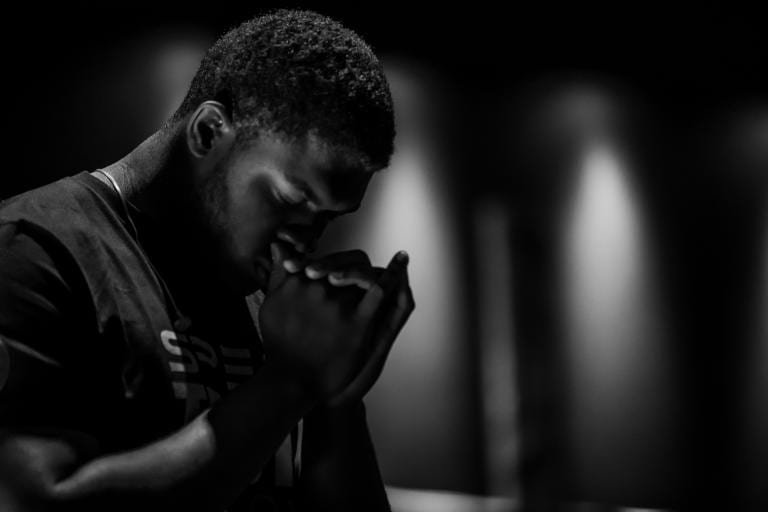 An increasing number of articles have been written to address the challenges of leading today’s church. Many focus on the Covid-19 epidemic and not long ago, my own seminary sponsored a panel discussion devoted to the specific challenges that arose out of the protocols put in place by our hospitals. More recently, writers have turned their attention to the issues arising from the racial tensions that were surfaced by the murder of George Floyd.
An increasing number of articles have been written to address the challenges of leading today’s church. Many focus on the Covid-19 epidemic and not long ago, my own seminary sponsored a panel discussion devoted to the specific challenges that arose out of the protocols put in place by our hospitals. More recently, writers have turned their attention to the issues arising from the racial tensions that were surfaced by the murder of George Floyd.
Many of those articles have been helpful in one way or another, but fewer of them have focused on the task of finding the spiritual resources that leaders need. This article is devoted to a few thoughts on that subject that I hope will be useful:
One: Now, more than ever, find time to pray and worship.
Many people are shocked to learn that clergy find it difficult to do these things. After all, on the face of it, one would assume that it is part of “the job description.” But making prayer and worship possible for others does not necessarily mean that clergy get the chance to do either one. The energy and focus that are required to make those experiences possible for others can be a distraction, and it is possible to lead a worship service without ever worshiping. On occasion, I have even met clergy who argue that it can’t be done.
This is spiritually dangerous, of course. One might find time to pray before and after a service, but no one is likely to find fifty-two other opportunities to worship every year. So, it is important to cultivate the habit of worshipping and praying, even as we help others.
That has been made all the more difficult by Covid-19. If leading face-to-face worship can be a challenge, recording services can introduce an even greater number of distractions. If it isn’t possible to attend to our own needs, while recording services, it is worth considering how we might worship later, when those services air.
Two: Now, more than ever, find physical space for prayer and contemplation.
The pandemic has forced clergy to work at home. This means that the physical distance between our personal space and workspace has evaporated. Exhaustion, long hours of work and the absence of personal space conspire to make prayer and contemplation impossible. One of my friends put it this way: “I thought I would be working at home. I feel like I am sleeping in my office.”
If that is the case, imagine what that means in the absence of sacred space? We are right to remind people that the church is not its buildings, but it is a mistake to suggest that buildings as sacred space have nothing to do with our spiritual lives. During the pandemic it is important to recreate that space at home or outside. We are not souls with bodies that serve no more than transport devices. We are embodied children of God and space matters.
Three, stay grounded in the promises of the Gospel.
In times of social unrest and deep difference, it is easy to be drawn off-center, parroting the culture and the politics around us, both left and right. And, because politics loom large in society of late, it is easy for clergy to lose track of the mooring that we have in the work of Jesus Christ.
Whether one thinks of the biblical underpinnings of our faith in passages like Galatians 2:27:
“For as many of you as were baptized into Christ have put on Christ. There is neither Jew nor Greek, there is neither slave nor free, there is no male and female, for you are all one in Christ Jesus.
Or one thinks of the powerful liturgical realities of one bread and one cup, we have deep spiritual resources for thinking about the challenges of racism. That we can learn from other disciplines and insights into our culture is without doubt, but to remain spiritually centered we need to own Christ’s calling and promise of healing.
This should remind us, as well, that to remain spiritually centered, we must remain focused on life in the church as the body of Christ.
What happens in our nation is important and the spiritual vision that we share with the world can be and has been a powerful historical force. One can, with good historical reason, argue that the values that dismantled slavery and that call for an end to racism arose out of the Judeo-Christian tradition.
But for Christian leaders it is important to remember that the place where the values of God’s reign find expression is in the church as the body of Christ. The reason that the church has become as marginal as it is in the life of our communities, lies in part with the diminished and diminutive roles that we assign to the church, and the degree to which we have elided the church’s message with one kind of political message or another. A grounded spiritual approach to the challenges that we face lie in reclaiming a vision of the church and the work of Christ that not only speaks to this moment, but transcends it.
Photo by Jack Sharp on Unsplash












